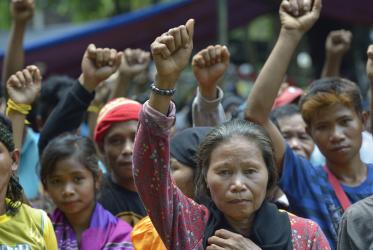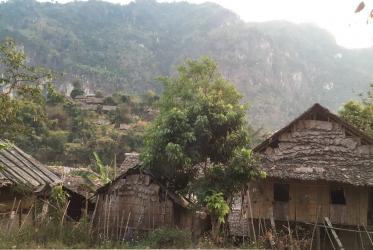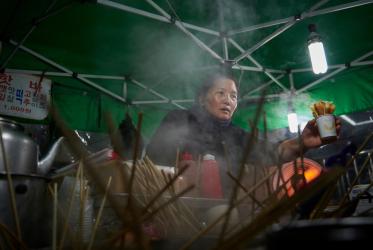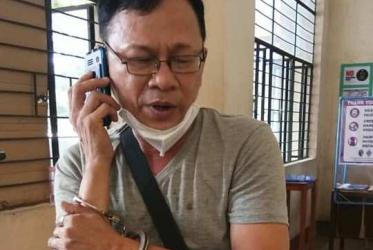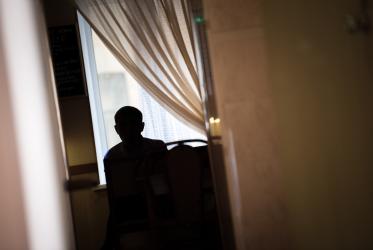Displaying 1 - 20 of 40
WCC organises event on “The Human Rights Situation in the Philippines”
18 September 2019
WCC condemns massacre of farmers in Philippines
12 April 2019
WCC expresses grave concern for Rohingya people in Myanmar
16 September 2017



